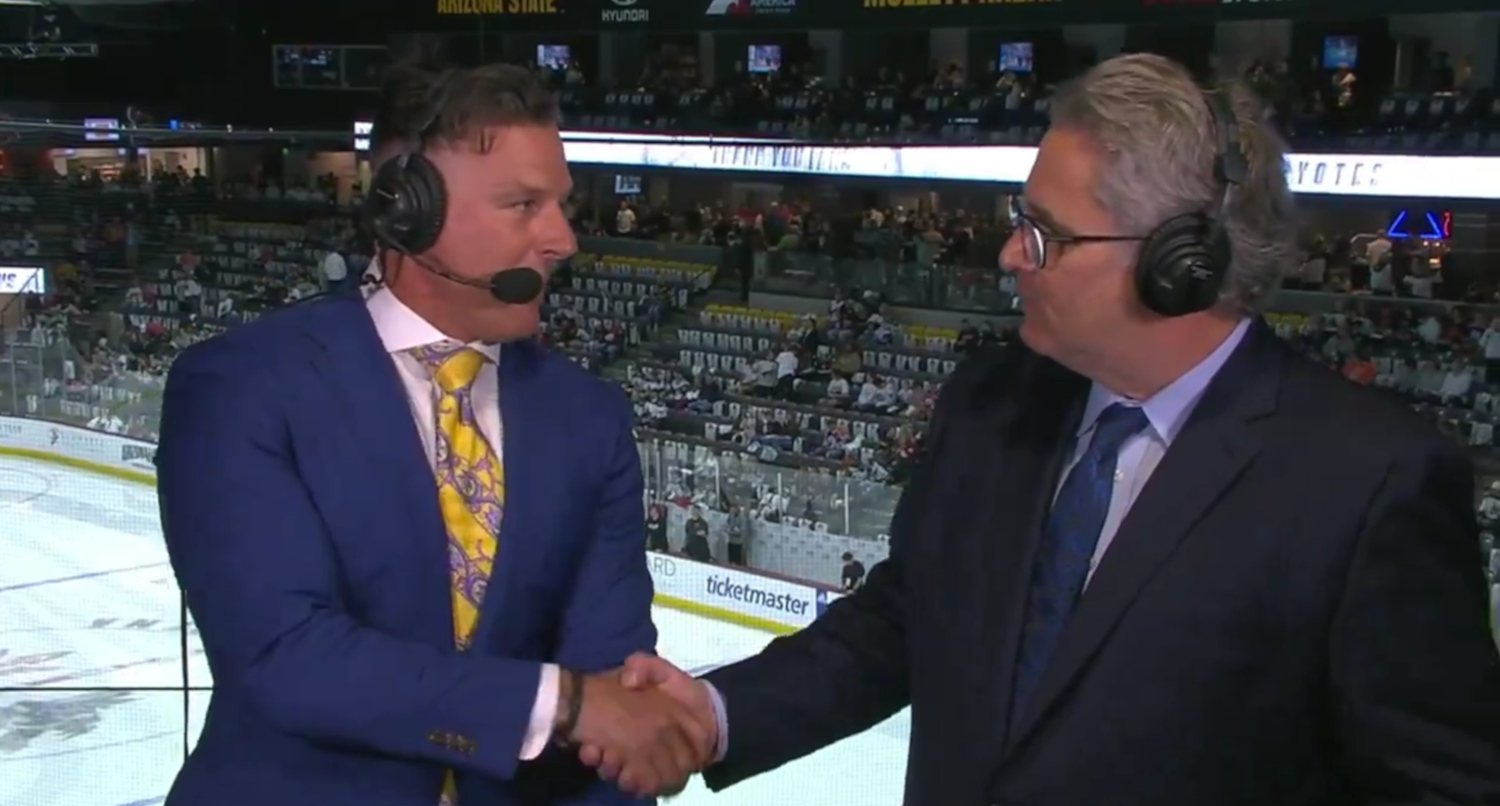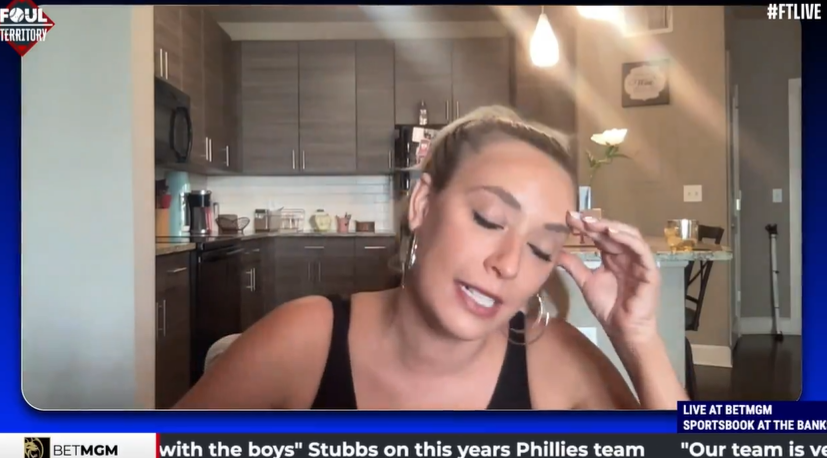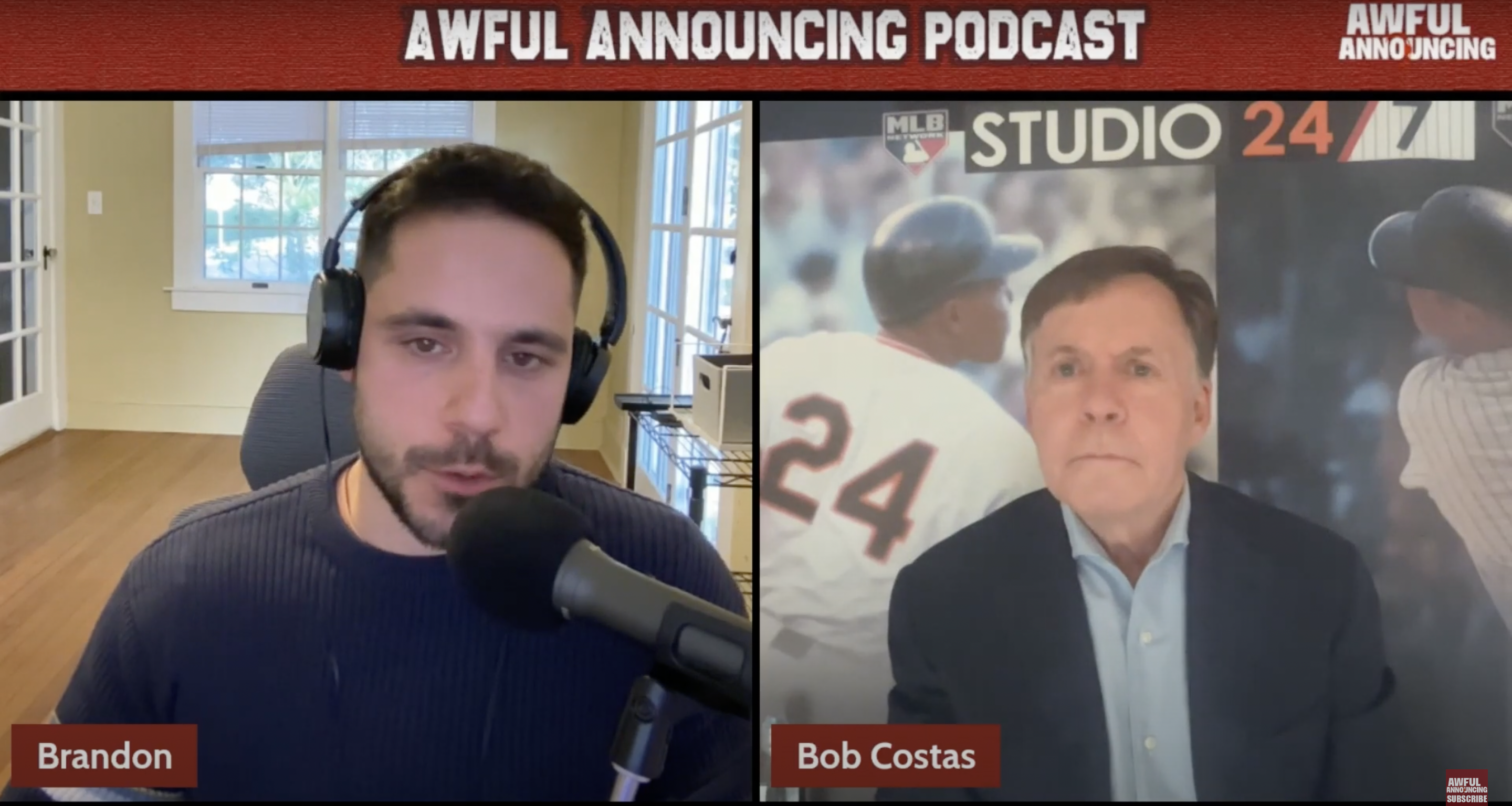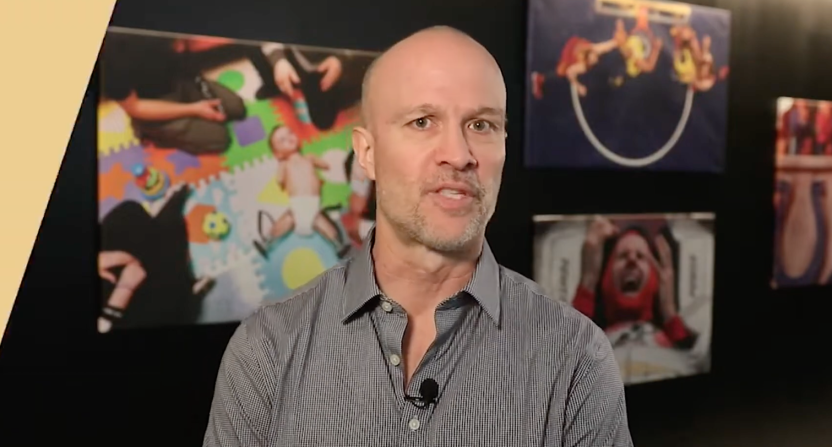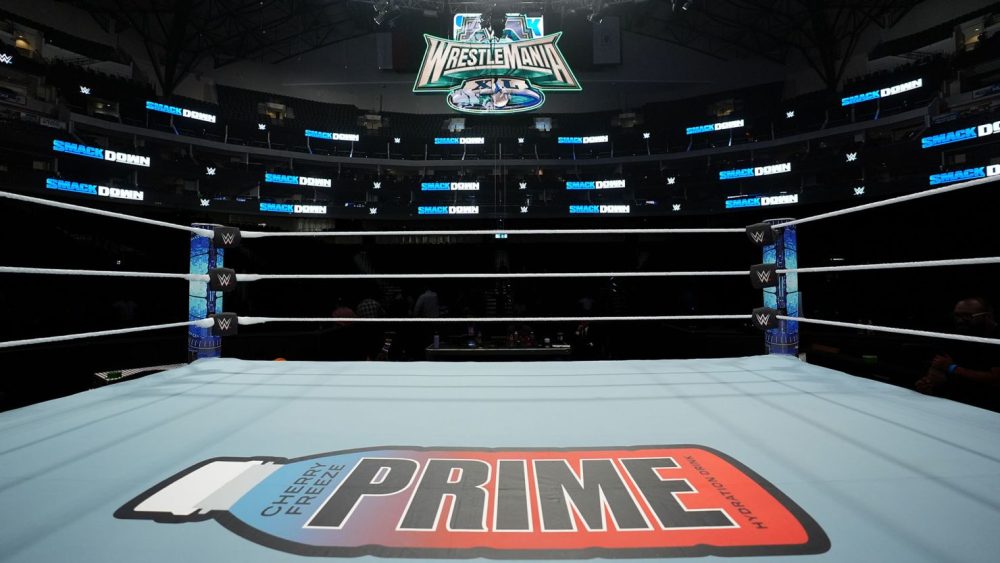From the moment news broke about a leaked phone conversation in which ESPN’s Rachel Nichols discussed colleague Maria Taylor (seen above) and how race and diversity were a factor in their statuses within the network’s NBA coverage, everyone knew there was going to be some significant fallout coming.
We already knew that, when the phone call first leaked, Taylor had considered not covering an upcoming NBA season before changing her mind so long as she didn’t have to interact with Nichols. While ESPN agreed to the stipulation, sources said that they violated the agreement almost immediately. That then almost led to a potential boycott from the show’s cast.
It’s also been widely presumed that Taylor will not stay at ESPN following the end of her current contract, especially as ESPN is reportedly lowballing her offer (a common tactic these days for the talent they are willing to let walk).
While Nichols did eventually apologize to Taylor on-air, she didn’t come out completely unscathed, as she was replaced on the sidelines during ESPN’s NBA Finals coverage by Malika Andrews. And given the way all of this has played out, there’s a decent chance to think that Nichols might also not be long for ESPN as well.
Setting the personal and professional fallout for the two people at the center of the controversy aside, the ultimate story at play here is the larger discussion surrounding ESPN and the way it has, historically and presently, treated Black employees. Those discussions started bubbling to the surface more and more throughout the week as other former ESPN staff chimed in with implications and personal stories of their own.
As Iliana Limon Romero wrote in the Los Angeles Times, “Top Black voices keep leaving ESPN for a reason.”
.@jemelehill shares:
“This isn’t a Rachel versus Maria story. This is a story about why they didn’t value Maria enough. … ESPN collects Black faces, but it seems like that when those Black faces become Black voices, it’s a problem.”https://t.co/8YboKRNFg0 pic.twitter.com/N3cgF7Ppa1
— Iliana Limón Romero (@LAT_Iliana) July 7, 2021
In the article, former ESPN host Jemele Hill didn’t mince words about the way the company treats Black on-air talent, especially when they voice strong opinions that clash with the political views of some in the audience.
“ESPN has a consistent history of undervaluing Black talent,” former ESPN anchor Jemele Hill told the Los Angeles Times in a Monday interview. “This isn’t a Rachel versus Maria story. This is a story about why they didn’t value Maria enough to allow her to take full ownership of the job.
“ESPN collects Black faces, but it seems like that when those Black faces become Black voices, it’s a problem.”
BNC’s Mike Hill didn’t mince words either during a recent discussion about Black talent and ESPN, saying “There has not been one Black person that I can think of right now that has not gone through hell at ESPN.”
https://twitter.com/bncnews/status/1412007847991427083?s=21
He also notes that he doesn’t see this as specifically a Rachel Nichols issue, but an ESPN issue, and a situation that their culture can lead to:
“It’s not just @Rachel__Nichols‘ issue, it’s also the networks and other networks like ESPN’s issue in how they try to explain to people why they’re not in the position they’re in,” @ItsMikeHill speaks on the Nichols recording and then leaked call about #MariaTaylor. pic.twitter.com/GLkt7erOJx
— BNC (@BNCNews) July 5, 2021
It’s not just on-air talent who appear to feel the effects of this culture within ESPN. Jasmine Brown, a social media programmer at Bleacher Report who previously worked at ESPN, shared a similar sentiment.
I wish I can do a thread on my experience there so bad, but I’m tryna move on. That place caused me so much psychological damage it’s not even funny.
— Jasmine B. (@jazzvangogh) July 4, 2021
Stuart Scott held a distinction as one of the most beloved SportsCenter hosts ever during his time with ESPN. Scott, who passed away in 2015 from cancer, helped bridge the gap for the network to a younger audience by incorporating pop culture and hip-hop culture into his hosting. However, when ESPN honored Scott following his passing, that apparently left a bad taste in some people’s mouths given the treatment he received behind the scenes while building his legacy.
I’m just going to open my heart on this one and hope he wouldn’t mind me saying this… It’s why I can’t watch them posthumously honor and celebrate Stuart. I know too much about what was done while he was alive. https://t.co/g167KSEoeL
— Laura Okmin (@LauraOkmin) July 8, 2021
We get a window into what Okmin is referring to by looking back at The Ringer’s retrospective on Scott from 2020. In it is a particularly timely section about the pushback that Scott received when he started out and brought his own style with him.
Bonvini: I don’t remember exactly which executive it was. But I remember standing in the hallway with [Stuart] and the executive was telling him, “I don’t understand what you’re doing and I don’t understand what you’re trying to express. I don’t even really understand some of the words you’re saying.”
Bell: Now, the lines are blurred. There’s been enough appropriation where black culture has permeated just about everything that we see in terms of entertainment and beyond. Then, some of the lines were still very much clearly defined. You keep that hip-hop talk over there, you know?
Susan Scott: Norby [Williamson] wrote him up. He challenged his scripts. It was awful. People really don’t know how awful it was. … Stuart was desperately frustrated.
Gerry Matalon, former ESPN executive: In his deepest moments—at least the ones he shared with me—he pondered, Why do they not like me? What am I doing that is so wrong that people speak unwell of me—even folks that are working with me?
It’s no surprise then that the National Association of Black Journalists (NABJ) wants answers regarding the way Black reporters, hosts, and other employees are being treated at ESPN. They announced Wednesday that they’ve requested a meeting with ESPN’s parent company Disney to discuss the “toxic culture of bias” within the company.
“The NABJ Board of Directors is disturbed to learn the details of this situation and what appeared to be a lack of accountability and a desire by ESPN to provide accommodations for a white employee who mocked diversity and a well-qualified co-worker while seemingly ignoring how Taylor and others who later heard the conversation may have been affected,” said NABJ President Dorothy Tucker. “The silence and apparent inaction by ESPN leaders over the last year is deafening and, as a result, NABJ is requesting a meeting with Bob Iger, executive chairman at The Walt Disney Company, which owns ESPN; Bob Chapek, CEO of The Walt Disney Company; and Jimmy Pitaro, chairman of ESPN.”
As Romero noted in her LA Times piece, the blame for the current culture and the impact of ESPN’s inability to course-correct may lie at the feet of Pitaro, who has been at the center of the network’s desire to become “less political” in recent years. Many of the incidents in that push involved Black on-air talent and their comments.
The combination of ESPN chairman Jimmy Pitaro’s early attempts to depoliticize content and conversation, economic stress accelerated by a global pandemic and a national reckoning with race created hostile working conditions for journalists of color at ESPN.
Like most corporate executives at the height of Black Lives Matter protests last year, Pitaro vowed to improve workplace culture. He relaxed restrictions on political speech, especially in the wake of the murder of George Floyd and the shooting of Jacob Blake. But those adjustments were not widely embraced, and Taylor faced criticism from some colleagues for her commentary following Floyd’s death.
As more Black voices get louder discussing the way they were treated or saw others treated at ESPN, the company finds itself in a position it rarely has before. Needing to answer for its culture and providing answers on how they plan to rectify what they can. It’s unlikely one meeting or press release is going to appease anyone or make this go away but is ESPN willing to put in the hard work and look itself in the mirror in order to make the changes necessary? It remains to be seen.
During the dark times I always remember that I am in this position to open doors and light the path that others walk down. I’ve taken some punches but that just means I’m still in the fight. Remember to lift as you climb and always KEEP RISING ❤️ pic.twitter.com/ztSIx9CLpO
— Maria Taylor (@MariaTaylor) July 7, 2021
[LA Times]


